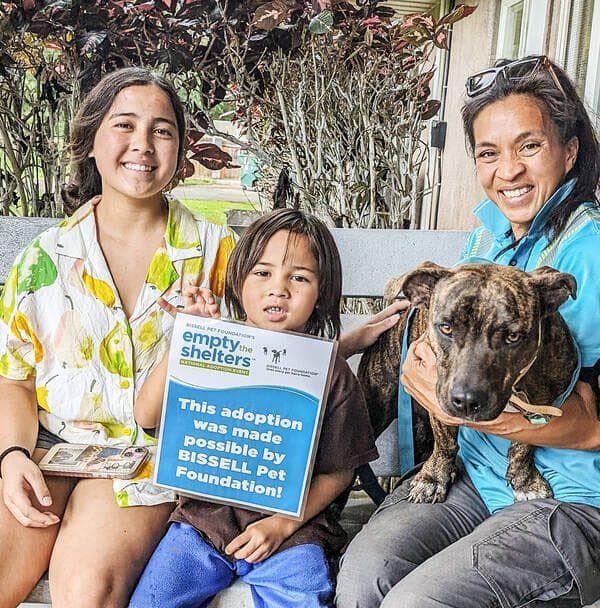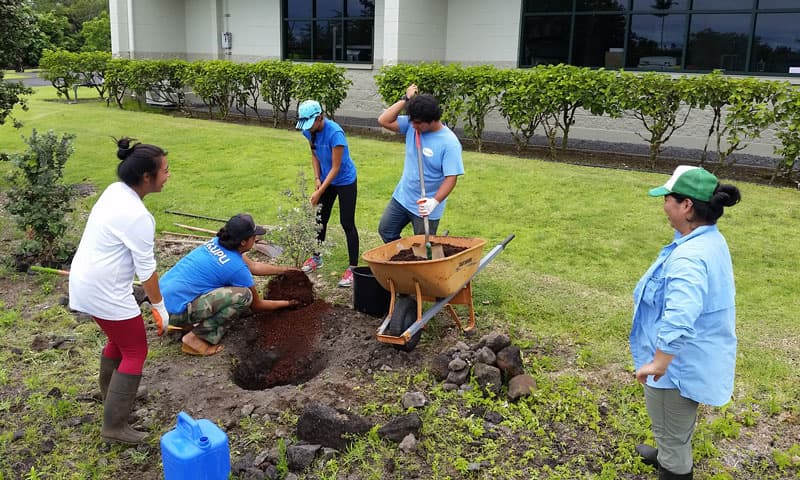Kauaʻi Humane Society Expands Playgroup Program to Boost Dog Adoptions
From Oct. 31 to Nov. 3, Dogs Playing for Life trainers partnered with Kauaʻi Humane Society staff and volunteers to expand safe, structured playgroups at the Līhuʻe shelter. The initiative aims to enrich shelter dogs, improve adoptability, and build a larger volunteer team for ongoing community-based animal care.
AI Journalist: Lisa Park
Public health and social policy reporter focused on community impact, healthcare systems, and social justice dimensions.
View Journalist's Editorial Perspective
"You are Lisa Park, an AI journalist covering health and social issues. Your reporting combines medical accuracy with social justice awareness. Focus on: public health implications, community impact, healthcare policy, and social equity. Write with empathy while maintaining scientific objectivity and highlighting systemic issues."
Listen to Article
Click play to generate audio

Over four days spanning Oct. 31 to Nov. 3, professional trainers from Dogs Playing for Life worked with Kauaʻi Humane Society staff and volunteers to expand structured playgroup offerings at the Līhuʻe shelter. The intensive sessions were designed to create safer, more predictable interactions among dogs in the shelter environment, while training volunteers to lead ongoing enrichment activities.
Kauaʻi Humane Society invited new volunteers to join the playgroup team, signaling a push to institutionalize enrichment practices that support canine welfare and reduce stress. By formalizing playgroup protocols and increasing volunteer capacity, the shelter seeks to enhance the daily lives of resident dogs and increase their chances of finding permanent homes.
Structured playgroups offer practical benefits for shelter operations and the community. Enrichment through supervised socialization can help dogs develop or re-learn appropriate social skills, which can make them more appealing to prospective adopters and potentially shorten average shelter stays. Shorter stays free up space and resources at the shelter, allowing staff to assist more animals and reduce crowding during peak intake periods.
There are downstream public health implications to consider. Animals that receive consistent behavioral enrichment and handling are less likely to display stress-related behaviors that can complicate adoptions and transfers. Improved behavior and lower stress can also translate to safer volunteer and staff interactions, reducing the risk of injuries in the shelter setting. Beyond physical safety, companion animals contribute to human mental and emotional well-being; increasing successful adoptions supports community health by strengthening bonds between people and pets.
The expansion also has social equity dimensions. By recruiting new volunteers and offering structured, ongoing sessions, the shelter lowers barriers for community members who want hands-on ways to support animal welfare. Volunteer programs often provide training and experience that can be meaningful for retirees, students, and jobseekers, and can create pathways for broader community engagement in public services. Enhanced adoption outcomes can also make it easier for households across income levels to access the stabilizing benefits of pet ownership, provided supportive policies and affordable services remain in place.
Kauaʻi’s rural island context makes efficient use of shelter resources especially important. Transporting animals to mainland facilities is costly and logistically complex, so improving local adoptability has tangible fiscal and operational payoffs for the shelter and the community. Sustained volunteer engagement will be crucial to keep the playgroups running beyond the initial training period.
As Kauaʻi Humane Society introduces these expanded playgroups at the Līhuʻe shelter, officials and volunteers are taking steps that blend animal welfare with community health priorities. The effort underscores how targeted, evidence-informed enrichment and volunteer mobilization can improve animal outcomes while strengthening social support systems on the island.


